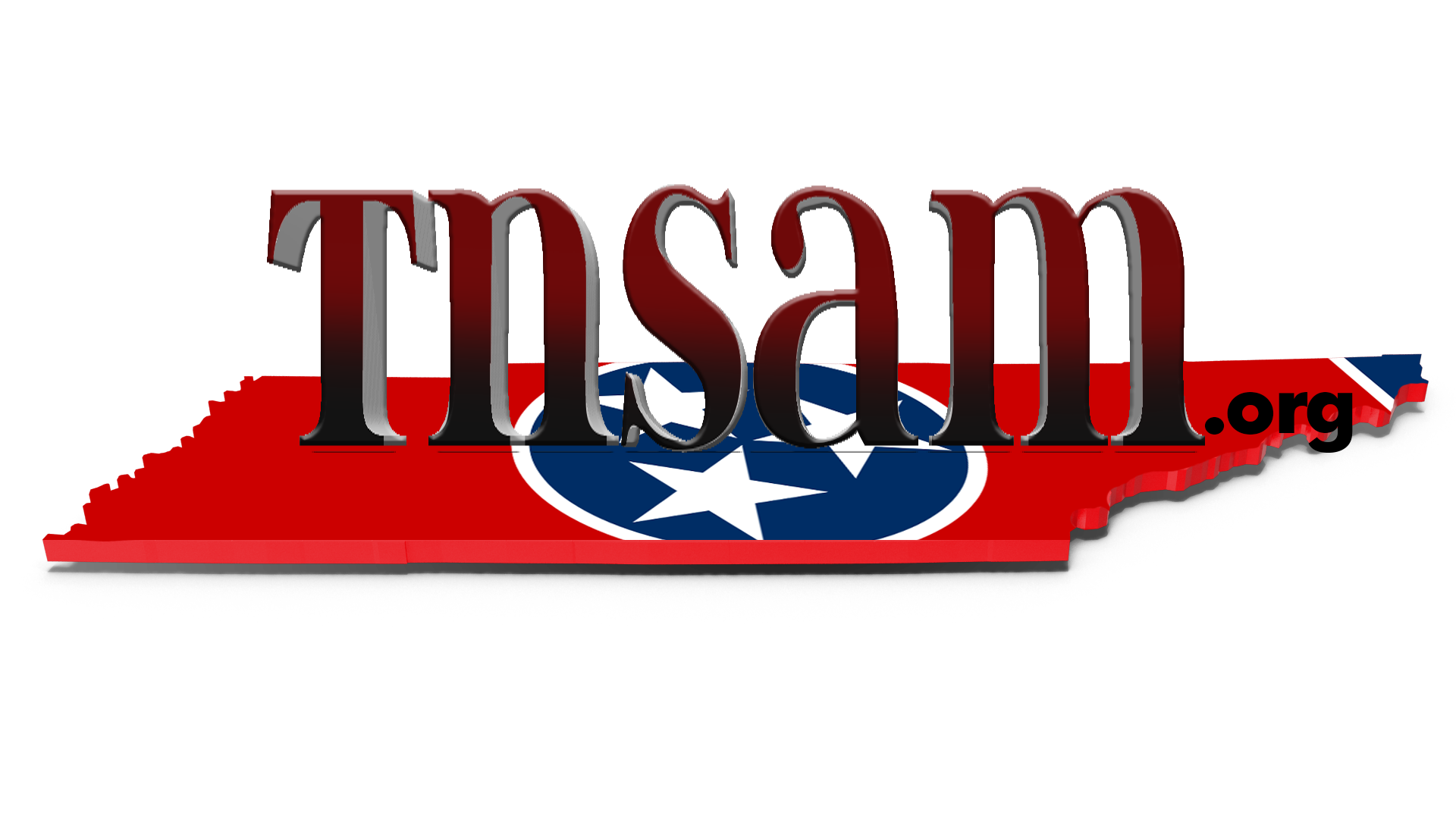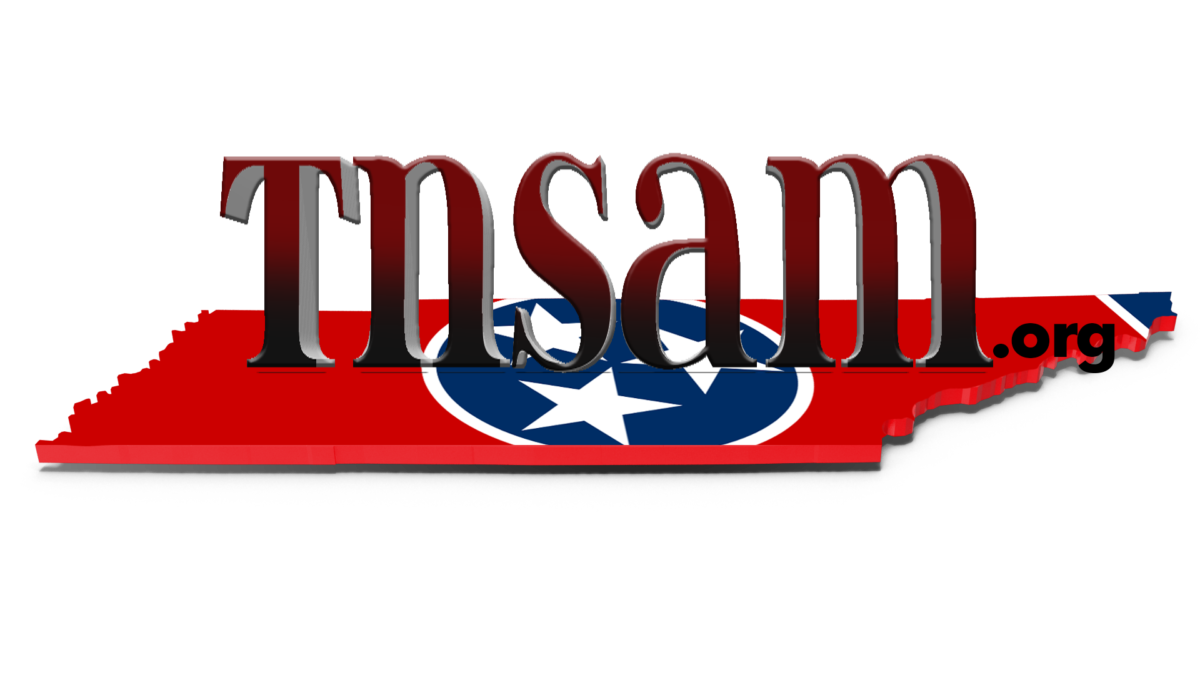Exciting Time For Addiction Medicine – Alexander Zotos, MD, FASAM
Greetings from TnSAM,
I hope everyone enjoys their summer and takes some time off for family, friends, and personal endeavors.
It is an exciting time for addiction medicine. More and more light is being shed on the opioid epidemic currently facing our communities. The tides are turning on the liberal use of opiates for “chronic pain.” Just recently, the President of the AMA, Steven Stack, M.D., addressed the issue regarding the overprescribing of opiates and steps we should all follow to help curb the crisis.
In March of 2016, the CDC released new recommendations for the prescribing of opiates for chronic pain. Furthermore, discussions have taken place in congress questioning the current practice of the CMS for coupling reimbursements to patient satisfaction scores in regards to pain control. As this all comes to light, prescribing practices will change and help reduce the excessive use of opiates for pain control, inadvertently leading some down the vicious cycle of addiction.
However, this in itself does not directly impact our current crisis of opiate-dependent patients. Recently, the HHS announced an increase of 275 patients prescribed buprenorphine for certain qualified physicians, mainly boarded physicians and certified treatment facilities. This is definitely a step in the right direction, yet there are people on both sides of the fence regarding who should be qualified to do this. Many non-boarded physicians do an outstanding job that could definitely see more than 100 patients. On the other hand, some boarded physicians do not practice quality addiction medicine and simply write for buprenorphine. They do not spend time with their patients or provide counseling or therapy for them. Time and time again, patients will tell us how another provider did not even take the time to listen to them or show interest. Poor providers beware; your patients tell on you!!!
Over time, I have changed my view as to the necessity of some regulation and oversight. If it serves to improve the care of the patient, then so be it. However, simply writing medication and taking payment for it without providing insight and solutions to the disease of addiction is simply wrong. I believe that the “bad apples” will go away over time, and the law of economics will bring about the highest quality care at a reasonable cost for the patient.
Furthermore, TnSAM must support to fight for reimbursement from insurance companies and increase access to care. I hope that we all can simply bill insurance one day and be reimbursed at a “fair and reasonable” level, just like any other specialty. We can not say we want to be regarded as a specialty and not practice billing the way they do. On this, we have a long way to go.
Most of us in the field keep up with the regulations and standards regarding medication-assisted therapy. However, some do not. Thus I wanted to summarize to anyone who may not be aware of current policies and regulations that will go into effect soon in Tennessee. Tennessee will be placing all practices under one of two regulatory agencies. If you are a solo practitioner and see up to 150 patients, you will fall under the Department of Health, Division of Health Related Boards. i.e., the medical board. Suppose you are seeing 150 or more patients, whether a solo, group practice, or clinic, you will fall under the Department of Mental Health and will be a licensed facility and have to meet specific guidelines. This will include regulatory fees, meeting certain criteria, and monitoring to ensure the highest quality standards are met. These regulations are being adopted due to the concerns of many groups, including state legislators, law enforcement agencies, health care providers, and certain concerned citizens in Tennessee. This came out of necessity invariably due to a few providers who practice out of the standard of care and may not have their patient’s best interest at hand.
Please continue to do what you do best: to provide your patients with the best quality care possible. I do not know of many other fields where patients thank you daily for saving their lives. Addiction medicine is truly a rewarding specialty.
Sincerely,
Alexander Zotos, M.D.
President, Tennessee Society of Addiction Medicine


Testing 1.2.3….
This is a response